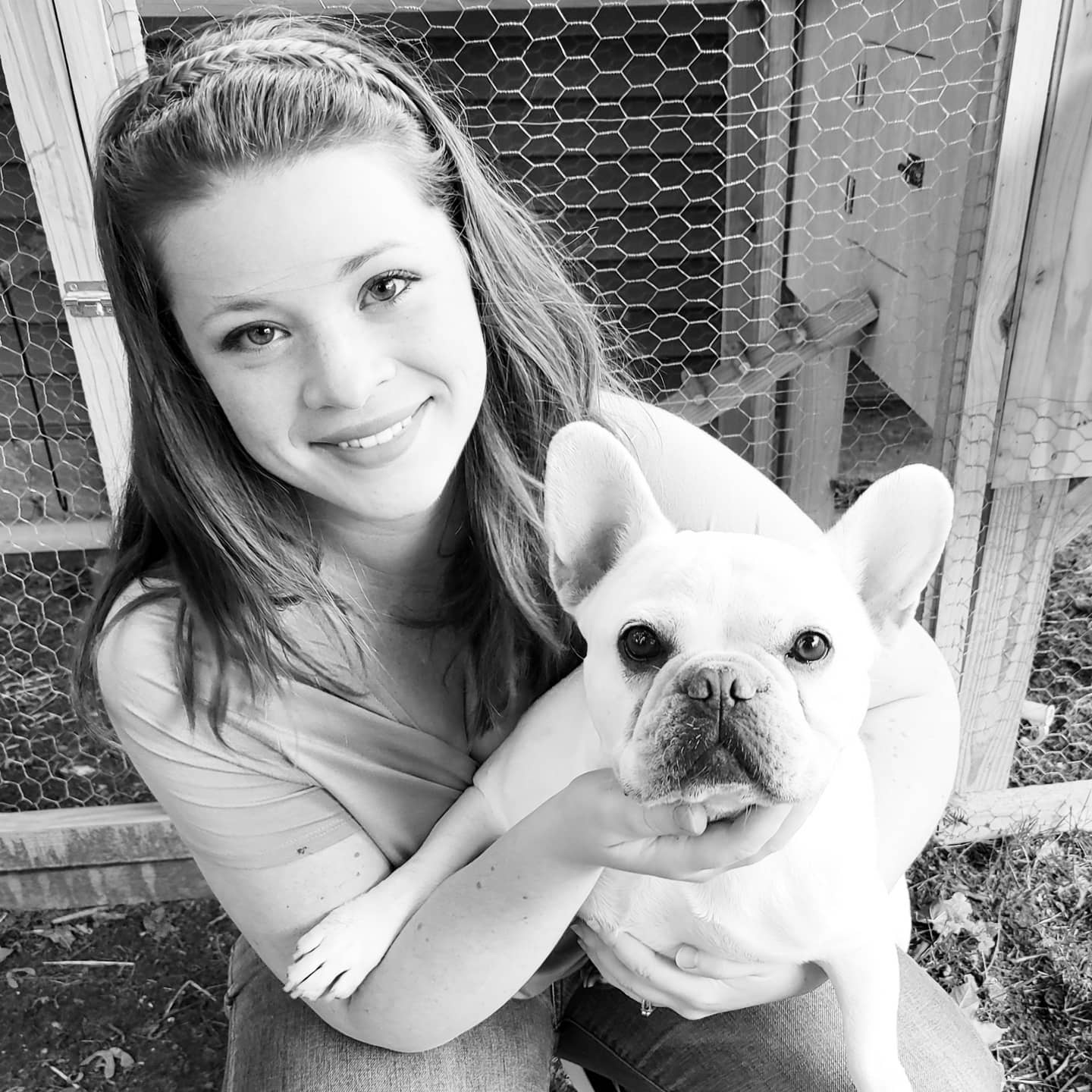by Samantha Henson, licensed Clinical Pet Nutritionist and founder of Next Generation Pet Wellness.
When adopting a new pet, it’s important to start them off on the right foot at their new forever home. Things like feeding a healthy diet, getting necessary mobile vet care, and proper socialization and training are all important steps to help create a longer, healthier, happier life for your new family member.
When it comes to diet, I cannot stress how vital it is to feed a good, biologically appropriate food from the get go. Do not be afraid to switch your puppy or kitten’s food away from what the breeder or shelter had them on. Continuing to feed a sub-par food just because that is what they came to you on is irresponsible and not doing any favors to your pet.
Not sure if their food is great or not? Ask! You have a wealth of professional pet nutritionists at your fingertips who are all willing to make sure you are doing right by your cats and dogs.
Tips for adopting or purchasing a new puppy or kitten:
· Never adopt or purchase a dog or cat before 8 weeks of age. This should be an enormous red flag for the breeder or shelter you are adopting from.
· Ask the person you are getting your pet from what type of food they are feeding and why they are feeding it.
· When switching your pets’ food, move slowly over the course of 5-10 days depending on the cat or dog to avoid stomach upset. Just mix in a little bit at a time, if their stool loosens, wait a day or two before mixing more in.
· Puppies and kittens should not have prolonged bouts (more than 2 days) of diarrhea or vomiting. This is a sign that they need veterinary care and most likely a new diet after your vet has cleared them of parasites, worms, etc.
· Most veterinarians do not receive extensive training in nutrition, so it’s important to consult with a pet nutritionist for many diet related issues.
· Never attempt to make your pet’s food without consulting a pet nutritionist. It is dangerous to feed an unbalanced diet and over 90% of pet owners who make their pet’s food are doing so incorrectly.
· Try your best to raise lean pets, over 50% of American pets are overweight leading to huge increases in cancers, heart disease, arthritis, and a slew of other problems. Be conscious of your cat or dog’s calorie needs, treat intake, etc. If they start to gain unnecessary weight, reach out!
About the Author
 Samantha has spent the last 12 years dedicating her life to the health and wellness of animals. She has helped well over 1,500 cats and dogs live their happiest and healthiest lives through proper, biologically appropriate nutrition, supplementation, and exercise. She gives pet owners the tools and education they need to help their furry family members. She started Next Generation Pet Wellness as a way for people to get unbiased information about pet nutrition.
Samantha has spent the last 12 years dedicating her life to the health and wellness of animals. She has helped well over 1,500 cats and dogs live their happiest and healthiest lives through proper, biologically appropriate nutrition, supplementation, and exercise. She gives pet owners the tools and education they need to help their furry family members. She started Next Generation Pet Wellness as a way for people to get unbiased information about pet nutrition.


